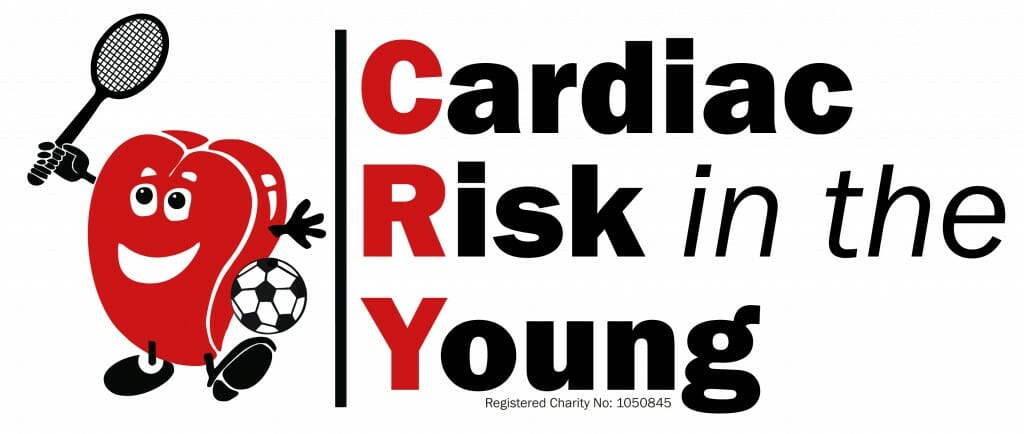I have always fainted for as long as I can remember, through assembly at school or if I stood up for long periods of time. My parents kept taking me to the GP who said I had low blood pressure which probably explained the fainting. When I was around 11 I started to develop quite severe chest pain on the left side of my chest. Again I was taken to the GP who suggested it was a strained muscle or panic attack. The chest pain kept getting worse and so my parents in despair paid for me to see a private paediatric doctor as they were becoming increasingly worried as to what was causing my symptoms. The questions started like they normally did “how is school”, “are you worried about anything” even at the age of 11 I remember feeling like I was not being listened to. My parents asked if it could be my heart and were told no, if I had a congenital heart condition this would have been picked up when I was a baby and my symptoms were most likely anxiety and did not warrant an ECG. Life carried on with fainting, pain, and tiredness.

In the summer of 2006 aged 13 I suffered an allergic reaction to ibuprofen and had to undergo an endoscopy under general anaesthetic. During the pre-op the anaesthetist asked my parents what the cause of my heart murmur was, to which they replied they were not aware of any heart murmur. I was booked in for an ECG which came back abnormal and referred to the Royal Brompton Hospital to have an echocardiogram with a cardiologist. My echo showed that I had two holes in my heart the size of two 2p coins known as atrial ventricular septal defect and a leaky mitral and tricuspid valves. In November 2006 just before my 14th birthday I underwent open heart surgery to fix my heart. Had I not had that allergic reaction, had I not had that anaesthetist who picked up on my heart murmur, had I not had a consultant who decided to just “check” my heart, my condition would not have been picked up and I would have been another young adult who died of sudden cardiac death. My parents quite understandably were very upset given that they had spent years being told there was nothing wrong with me, however my heart condition is just bad luck, both my brothers have been checked and both have perfect hearts.

My fixed heart let me get on and enjoy a normal life, I went to university, qualified as a solicitor and enjoyed working as a commercial and agricultural solicitor. However unfortunately a few years ago my symptoms of chest pain, palpitations and chronic tiredness begun to reappear. At my annual review we discovered I had super ventricular tachycardia and atrial flutter which are both common in people who have congenital heart disease. I underwent an ablation which unfortunately failed, having patches on my heart from my AVSD repair makes an ablation very difficult. My mitral valve is still leaking and may need to be replaced at some point in the future. I was unable to continue in my job which was very stressful and long hours and putting unnecessary strain on my heart, so I am now following my love of animals and re-training to be a veterinary physiotherapist. My heart condition is something I have to learn to live with, and I am starting to navigate the somewhat confusing and scary world of being an adult with congenital heart disease, things like will I be able to have children, will my body tolerate having a baby, how to deal with side effects of medication and having a full time job etc.

I am incredibly lucky and grateful for that anaesthetist who alongside my cardiologist, my surgeon and the whole team at the Royal Brompton saved my life. I’m getting married next year and looking forward to a long and happy life. I am extremely passionate and supportive of the work that C-R-Y do, I know I was one of the lucky ones, had my heart not been checked I may not have been sat here writing this and been one of the 12 young people who die every week of an undiagnosed heart condition.

